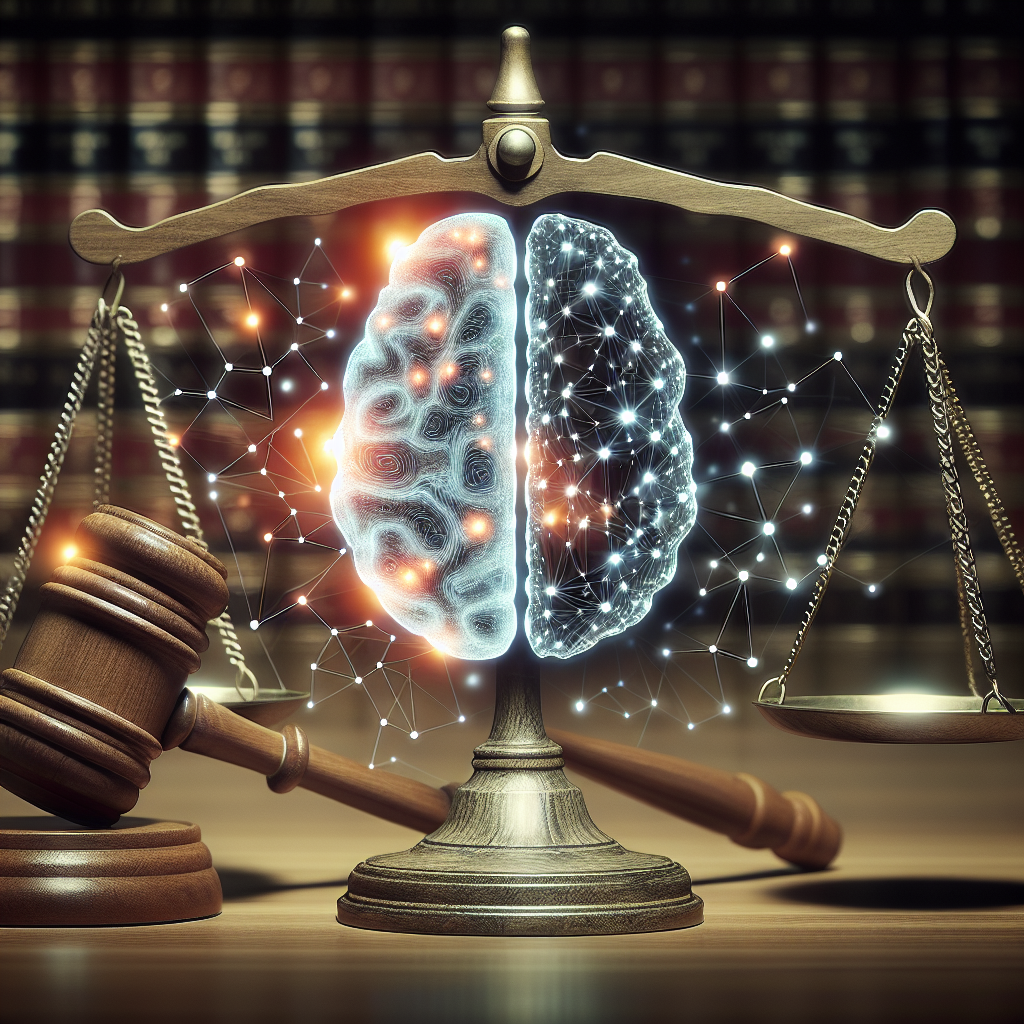Artificial intelligence (AI) has revolutionized many industries, including the legal field. One of the most significant advancements in legal research is the use of AI-powered tools to streamline and improve the efficiency of legal research. While AI has the potential to greatly benefit legal professionals by saving time and increasing accuracy, it also raises important ethical implications that must be considered.
The use of AI in legal research has the potential to significantly improve the speed and accuracy of legal research. AI-powered tools can quickly analyze vast amounts of legal data and provide relevant information to legal professionals. This can save lawyers hours of time that would have been spent sifting through documents and case law. Additionally, AI can help legal professionals find precedent cases and relevant statutes that may have been missed through traditional research methods.
However, the use of AI in legal research also raises ethical concerns. One of the main concerns is the potential for bias in AI algorithms. AI systems are only as good as the data they are trained on, and if the data is biased, the AI system will also be biased. This can lead to unfair outcomes in legal cases, as AI-powered tools may inadvertently perpetuate existing biases in the legal system.
Another ethical concern is the potential for job displacement among legal professionals. As AI-powered tools become more advanced, there is a risk that some legal research tasks traditionally performed by lawyers could be automated, leading to job losses in the legal industry. This raises questions about the ethical implications of using AI to replace human workers and the responsibility of legal professionals to ensure that their use of AI does not harm the livelihoods of their colleagues.
There are also concerns about the security and privacy of legal data when using AI-powered tools. Legal research often involves sensitive and confidential information, and there is a risk that this data could be compromised if it is stored or processed by AI systems. Legal professionals must carefully consider the security measures in place when using AI-powered tools to ensure that client data remains protected.
Despite these ethical concerns, AI-powered legal research tools have the potential to greatly benefit legal professionals. By leveraging AI technology, lawyers can save time, increase efficiency, and provide better outcomes for their clients. To ensure that the ethical implications of AI in legal research are addressed, legal professionals must be vigilant in monitoring the potential biases in AI algorithms, protecting the privacy of client data, and considering the impact of AI on the legal profession.
FAQs:
Q: Can AI replace human lawyers in legal research?
A: While AI-powered tools can automate many tasks in legal research, it is unlikely that AI will fully replace human lawyers. Human lawyers bring unique skills and expertise to the legal field that cannot be replicated by AI, such as critical thinking, emotional intelligence, and creativity.
Q: How can legal professionals ensure the ethical use of AI in legal research?
A: Legal professionals can ensure the ethical use of AI in legal research by carefully monitoring the data used to train AI systems, verifying the accuracy of the AI-generated results, and protecting the privacy and security of client data.
Q: What are some examples of AI-powered legal research tools?
A: Some examples of AI-powered legal research tools include ROSS Intelligence, Casetext, and LexisNexis Context. These tools use AI algorithms to analyze legal data and provide relevant information to legal professionals.
In conclusion, the use of AI-powered tools in legal research has the potential to greatly benefit legal professionals by improving efficiency and accuracy. However, the ethical implications of AI in legal research must be carefully considered to ensure that the technology is used responsibly and ethically. By addressing concerns about bias, job displacement, and data security, legal professionals can harness the power of AI to enhance their practice while upholding ethical standards in the legal profession.

